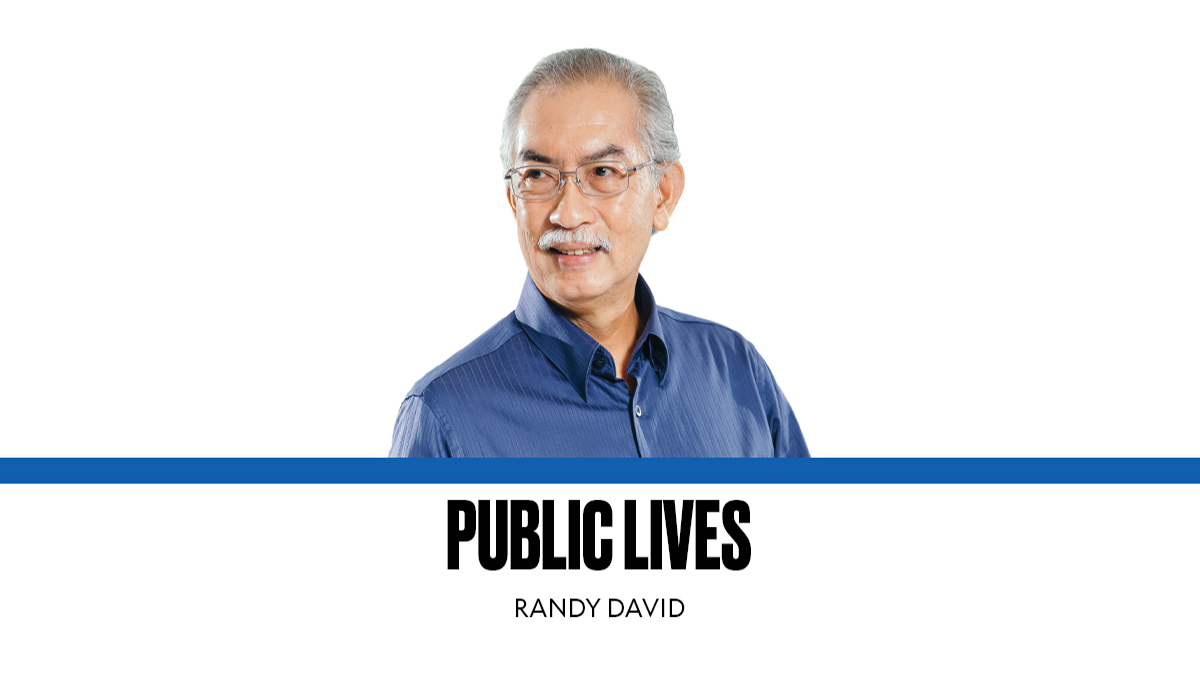When voters defy the surveys

Much of the analysis of the recent midterm elections has been retrospective. But to truly grasp the Filipino voter’s behavior, what we need are carefully designed postelection surveys using in-depth interviews. Unfortunately, no political party or candidate seems willing to fund exit polls. What for? They ask.
And so we are left to speculate.
Speculation this time has focused on four surprising outcomes: first, the strong showing of “pink movement” stalwarts Bam Aquino and Kiko Pangilinan, who defied survey projections by landing in the Top 5; second, the unexpected win of Duterte loyalist Rodante Marcoleta, absent from all preelection forecasts of the Top 12 senators; third, the surge of Akbayan, which topped the party list vote after being nearly delisted for not garnering enough votes in two successive elections; and finally, the resounding defeat of nearly all entertainment celebrities—except for Lito Lapid.
How did the surveys get it so wrong?
We often forget that survey results can both please and offend. They can shape voter preference, not just mirror it. There’s a long-standing belief that surveys preempt elections by projecting “winnability.” This has earned polling firms the notorious image of engaging in the conditioning of public opinion. The firms deny this, though many admit that strong survey performance does attract both donations and campaign volunteers, while poor rankings do the opposite.
What these elections may have revealed is a voter segment determined to prove the surveys wrong—deliberate, reactive voters who cast their ballots not as protest but as corrective intervention. Many of them, especially among millennials and Gen Zs, are what we might call strategic voters: they choose to support those polling poorly but whom they believe deserve to win. This could explain the late momentum behind Aquino, Pangilinan, and Akbayan.
Some young voters I spoke to said they voted not with illusions of changing the outcome, but for the satisfaction of voting against the narrative imposed by surveys. These voters—especially the transient, mobile, and digitally active—may be underrepresented in traditional household-based sampling methods.
But there was more at work. In the campaign’s final week, distinct surges of support became visible. Marcoleta had the backing of the Iglesia Ni Cristo, which campaigned for him as if he were their sole candidate. Aquino and Pangilinan benefited from a full-throttle push on social media by young influencers, as well as by members of the Aquino family. Akbayan’s young activist leaders, who gained national prominence in the campaign against Chinese harassment in the West Philippine Sea, galvanized progressive circles and underserved communities into action with a crisp video that redefined what the party’s name stood for. Their choice of first nominee, human rights lawyer Chel Diokno, effectively highlighted their libertarian credentials.
Let’s be clear: surveys are only messengers. The deeper problem lies in the sad state of public opinion, which they often amplify uncritically. They end up sidelining capable candidates simply for being “unwinnable.” Our pollsters can and should do better.
A final note: voters appeared to decisively reject celebrity candidates, with only Lapid—still visible on primetime television as a key character in a long-running action series—making it through. But a similar comprehensive reckoning for political dynasties, which is long overdue, has yet to materialize. Many political families continue to shamelessly dominate politics in the provinces, edging out the competition by sheer financial muscle.
One result signifying the institutionalization of patronage stands out in this election: Bong Go’s phenomenal lead of nearly 7 million votes over second placer Aquino in the senatorial race. There’s little doubt this reflects voter gratitude for his authorship of the Malasakit Centers—public health assistance hubs that have made it considerably easier for the poor to access ayuda and navigate the bureaucracies of medical care. Go has succeeded in making his name synonymous with the Malasakit Centers, inaugurating a brand independently of his erstwhile boss, former president Rodrigo Duterte.
The 2025 midterms are a reminder that elections are not just confirmations of popularity—they are also moments of choice, surprise, acknowledgment of gratitude, and resistance.
—————-
public.lives@gmail.com


















